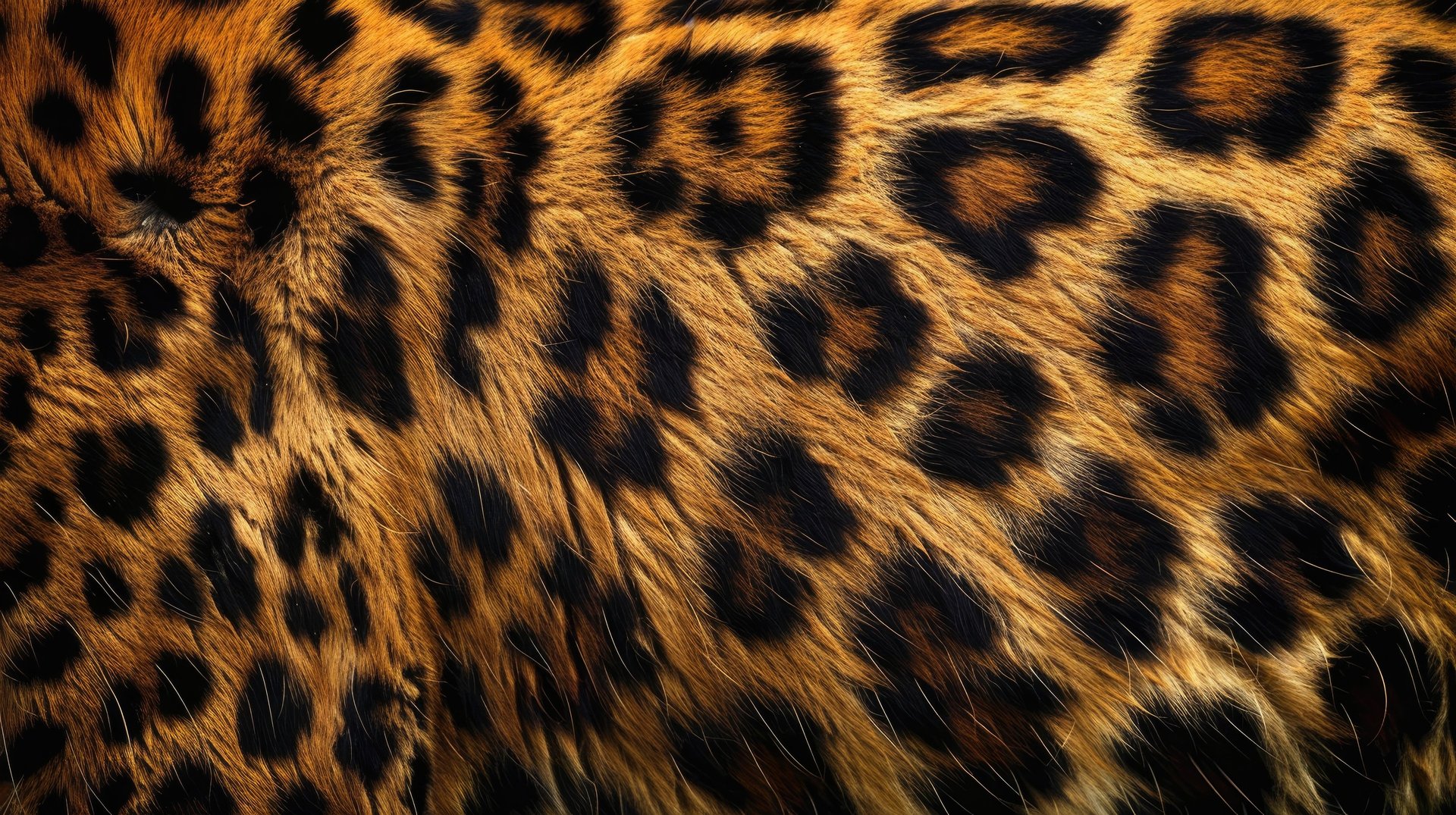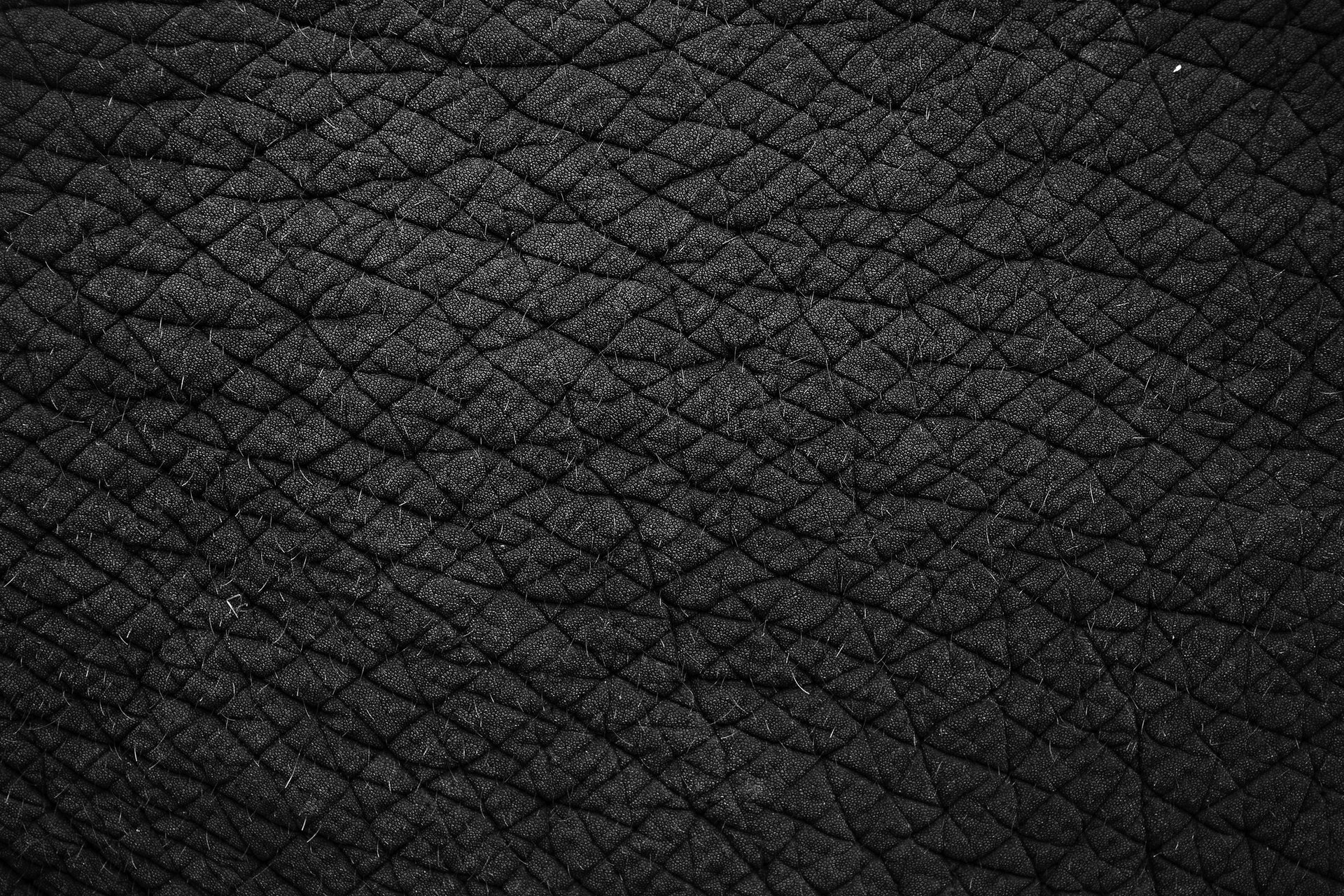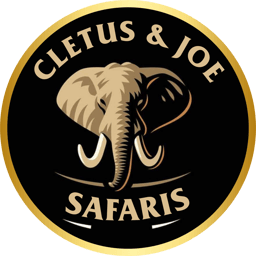

Hunting Info
Cletus & Joe Safaris is recognized as one of Zimbabwe’s leading and ethical safari operators, holding exclusive rights to some of the continent's premier hunting concessions. These wildlife concessions, combined with our extensive hunting quotas, enable us to customize safari experiences according to the specific preferences and requirements of our clients. All operators affiliated with our company are registered and licensed by the Zimbabwe Tourism Authority. They are tasked with obtaining the necessary permits and providing essential services, including camp accommodations, catering, trackers, skinners, vehicles, and the expertise of a Zimbabwe-qualified Professional Hunter. Through these measures, we ensure that our clients' experiences are both stress-free and enjoyable.
Safari Operators Association of Zimbabwe
Members of the Safari Operators Association of Zimbabwe are required to be registered and licensed by the Zimbabwe Tourism Authority (ZTA) and must carry Public Liability Insurance. In compliance with legal and ethical standards, these operators are also mandated to employ professional guides or hunters who are duly registered and licensed to conduct walks or hunts. Verification of an operator's legitimacy can be confirmed by requesting their ZTA License number, which typically begins with three letters (e.g., PSO, HOP) followed by a numerical sequence.
The association's membership encompasses a diverse range of operators, including those involved in photographic tourism—such as lodges, canoe safaris, and whitewater rafting—as well as hunting operators who conduct their activities under a legally sanctioned, sustainable utilization quota with CITES (Convention on International Trade in Endangered Species of Wild Fauna and Flora) approval. Hunting in Zimbabwe operates on a sustainable use basis, with quotas allocated for each concession. Quotas for protected species such as elephants, leopards, cheetahs, and crocodiles are granted annually by the Convention on International Trade in Endangered Species of Wild Fauna and Flora (CITES).
The concept of Sustainable Utilization, which originated in Zimbabwe, is an innovative approach that integrates indigenous communities into the financial benefits derived from tourism and hunting. This strategy has been instrumental in mitigating land degradation and reducing poaching, and it has since been adopted across the African continent
Camps
Cletus & Joe Safaris leases five well-appointed hunting safari camps, offering guest accommodations in either tents or thatched rondavels. Each unit is equipped with ensuite bathrooms that provide hot and cold running water and flushing toilets. The accommodations are furnished with comfortable beds featuring innerspring mattresses and mosquito nets. Daily laundry services are provided, with ironing performed using traditional flat coal-heated irons. Rooms are well-lit by either 12-volt systems or electrical generators.
A diverse selection of safari-style cuisine is prepared by skilled chefs at each camp. Menus may include game dishes, such as roast loin of eland and guinea fowl casserole, along with other meats harvested from guests' hunts. Imported wines accompany lunch and dinner, with all beverages included in the daily rates. Guests with specific dietary preferences or restrictions (e.g., allergies) are encouraged to inform us at the time of booking so that we can accommodate their needs to ensure a comfortable stay.
Please note: Zimbabwe utilizes a 220-volt electrical system, with British square-pin or South African round-pin type plugs. U.S.-based hunters, who typically use a 110-volt system, should bring the appropriate adapters.
Health and Safety
Each camp is equipped with a well-stocked first aid kit; however, guests requiring specific medications are advised to bring an adequate supply for the duration of their stay.
As all Cletus & Joe Safaris camps are situated in malaria-prone areas, it is imperative that guests obtain malaria prophylactics prior to entering Zimbabwe. We recommend that guests consult their healthcare providers, specifying the particular areas in Zimbabwe they will be visiting. The prophylactic course should commence at least 24 hours before arrival in Zimbabwe and continue for six weeks after departure. Should side effects occur, taking the medication after dinner may help minimize symptoms. Additional precautionary measures include sleeping under bed nets or in mosquito-proof rooms or tents, applying insecticide to accommodations, using mosquito-repelling lotions or sticks, and wearing long-sleeved clothing, long trousers, and socks when outdoors at night.
For those seeking additional peace of mind, we offer an optional MARS (Medical Air Rescue Service) insurance, which provides a highly professional medical evacuation service in case of emergencies.
Firearms and Ammunition
The choice of firearm is left to the discretion of our clients; however, it is important to adhere to National Parks' regulations in Zimbabwe, which stipulate minimum calibers for certain species. A rifle of .375 or larger is required for large, thick-skinned animals, such as buffalo or elephant, while a .270 or larger caliber is suitable for smaller, soft-skinned antelopes. The temporary importation of semi-automatic weapons or handguns is prohibited, though there is no restriction on the quantity of ammunition that can be brought into the country. We advise clients to bring soft cases for their firearms, gun cleaning equipment, and a gun belt with ammo pouches. Depending on the target species, at least 40 rounds of soft points and 20 rounds of full metal jackets are recommended. For those interested in bird shooting, a shotgun is advisable, as we offer excellent opportunities for this activity across all our areas. We suggest 6" shot for francolin and guinea fowl and 8" shot for dove and sandgrouse.
VISA Requirements
Guests should verify their VISA requirements at least three months before their intended travel date by visiting [Zimbabwe's eVISA portal] (https://www.evisa.gov.zw/VisaCategories).
Trophy Preparation and Shipping
Our camp skinners are trained in taxidermy, ensuring that all trophies are expertly caped and field-cured on site. We facilitate the packing, crating, and export of trophies through a professional shipping agent.
The costs associated with the dipping and dispatch of trophies are determined by the number of items designated for export. For further inquiries regarding taxidermy or our trophy shipping policies, please contact Joseph at joe@cletusandjoesafaris.com
Pre/Post Holiday Trips
Cletus & Joe Safaris can arrange pre- or post-hunt holiday trips to several premier tourist destinations within and around Zimbabwe.
Clothing and Equipment
Given Zimbabwe's consistently warm to hot daytime temperatures, we recommend light tan clothing. However, during the winter months (May to mid-August), nighttime temperatures can drop significantly, so a warm jacket is essential. As walking is integral to hunting, guests should ensure they have comfortable, well-broken-in walking shoes. Additional important items include binoculars, a knife, a reliable camera, sunglasses, sunscreen, and a sturdy hat.
Please note: It is illegal to wear camouflage clothing in Zimbabwe

© 2024. Cletus & Joe Safaris
safari@cletusandjoesafaris.com
info@cletusandjoesafaris.com
OFFICE:
cletus@cletusandjoesafaris.com
joe@cletusandjoesafaris.com
SAFARI MAIL:
EU- +31630911466
ZIM- +263 77 230 2245 / 71 230 5536
safari phone:
Africa
26 Harare Drive Greendale, Harare, Zimbabwe
